By Alisa Messer
As a science fiction fan, I have sometimes likened what is happening to our City College of late to terraforming, or reforming a planet and obliterating cultures.
Reading texts about far-off planets helps me think about our situation, with so many complex perspectives and mismatched priorities. The basic plot: colonists arrive from another planet, incapable of recognizing that there is already intelligent life here, already a culture with value and meaning for the inhabitants. The invaders can’t see that: they can only see uncouth and unruly heathens.
Substitute the business-based, free market mindset for the space colonizers and it’s easy to imagine how today’s higher ed administrators might not understand a college culture that stubbornly wants to prioritize people—students and their goals and learning and needs and successes and communities (not just numbers and degrees) and the workers who make those things happen.
Are we resistant to change or to “correction” and assimilation? Sometimes. And frequently for good reason.
Management’s priorities have clearly shifted. CCSF administrators now advertise this change, pronouncing, “The problem with City College before was that we put people first.”
“Salarygate” illustrates our college’s complete turn from a focus on people to other priorities. The raises given without public notice to a few top administrators point to a lack of transparency and violations of the public trust. In the free market model, “there is no alternative,” and the gap widens between the college’s 1% and the rest of us.
Clarification: Administrators were not as a whole almost given a 19% raise at a time when faculty are still 4% below what we made in 2007, classes are being canceled, staff have been furloughed or laid off, and student workers make $1.74 below SF’s minimum wage.
Instead, a few new top-tier administrators were hired at exponential rates and/or given subsequent raises. These salaries, ranging between $200,000 and $217,000, bear no relationship to any existing administrative salary schedule. These actions skirt local and state policies and the law. Even so, the deals also claim to include the same 5% cut that the administrative and faculty schedules suffered in July 2013, ensuring they will be “restored” along with those who actually took the cuts.
These extraordinary contracts were quietly finalized immediately after our contract ratification. Chancellor Tyler took responsibility for some mistakes regarding transparency and pledged to ensure that all administrative salaries were published in the future, but he neglected to acknowledge his own role in personally finalizing the deals, including salary increases (in one case, $27,000) and $400 monthly stipends. He signed off on the first of these contracts on December 10th, 2013, literally the day after AFT 2121 informed faculty and management that the concessionary contract was ratified.
San Francisco was recently ranked as the least affordable city in the country; Mayor Lee went so far as to say that $80,000 is the very bottom of what should be considered the City’s “middle class.” In fact, $80,000 is the average salary for full-time faculty at CCSF—hardly enough to hold on to a middle class existence in the Bay Area. Part-time faculty average $24,000. The Consumer Price Index has risen sharply since 2007, the last time faculty had a COLA or a raise, and taking Bay Area inflation into account, faculty are now nearly 20% below where they were in 2007. Full-time faculty are currently the only CCSF employee group paid below the statewide community college average.
There is every reason to conclude that the accrediting commission would approve of prioritizing higher administrative salaries. Let’s be clear: the ACCJC’s priorities have moved far away from where most people quite reasonably believe they should be focused, on ensuring quality education. For years, ACCJC President Barbara Beno has apparently shown an interest in administrative salaries. At a visit to Mira Costa College in 2008, she expressed “concern” that faculty and administrator salaries were inappropriately linked, according to a report from their Senate. Her message? “[Beno] stated that the college has in the past enjoyed a very good reputation across the state based upon its lack of a union among full-time faculty and staff and that its good reputation created a ‘halo effect’ that may have caused prior visiting teams to overlook governance problems.”
Meanwhile, national trends show how very extraterrestrial the priorities in higher education have become. Tuition—and student debt—have risen exponentially. Simultaneously, administrative and managerial positions have expanded by 28% in the last decade or so while full-time faculty and staff have declined by 40%, according to nonpartisan higher education researchers at the Delta Cost Project.
Neither space invaders nor unelected, outside officials—supposedly sent here to “help” us—should be making decisions about the future of our college without oversight or accountability. The thoughtful, intelligent life and culture that already exists is essential to the future of CCSF.
To date, no plan to restore the voice of voters has been provided by State Chancellor Brice Harris, who had to change regulations in order to impose the Special Trustee With Extraordinary Powers.
Large cities where school boards have gone from being elected to being appointed by the mayor have seen the “shock doctrine” effects on public education. In Chicago, for example, Mayor Rahm Emanuel closed more than 50 schools last year, despite the inspired fight put up by the community and labor.
Even if you take issue with some of our Board members—and we certainly do—this move to take away democratic local control, perhaps even permanently, must be opposed by all who value democracy and public education. San Francisco deserves a voice in what kind of college we have. We all deserve better.
In the science fiction plots, terraforming sometimes seems to go well, at least for the victors, and other times it goes awry. Sometimes the outsiders have new ideas, sciences, or technologies that do in fact improve the lives of the original inhabitants. And sometimes, they obliterate the valuable culture that was already on the ground.


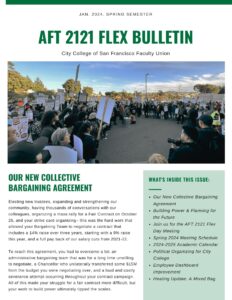
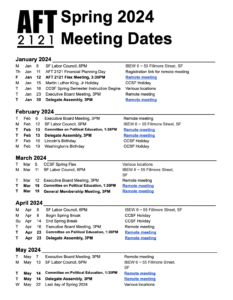
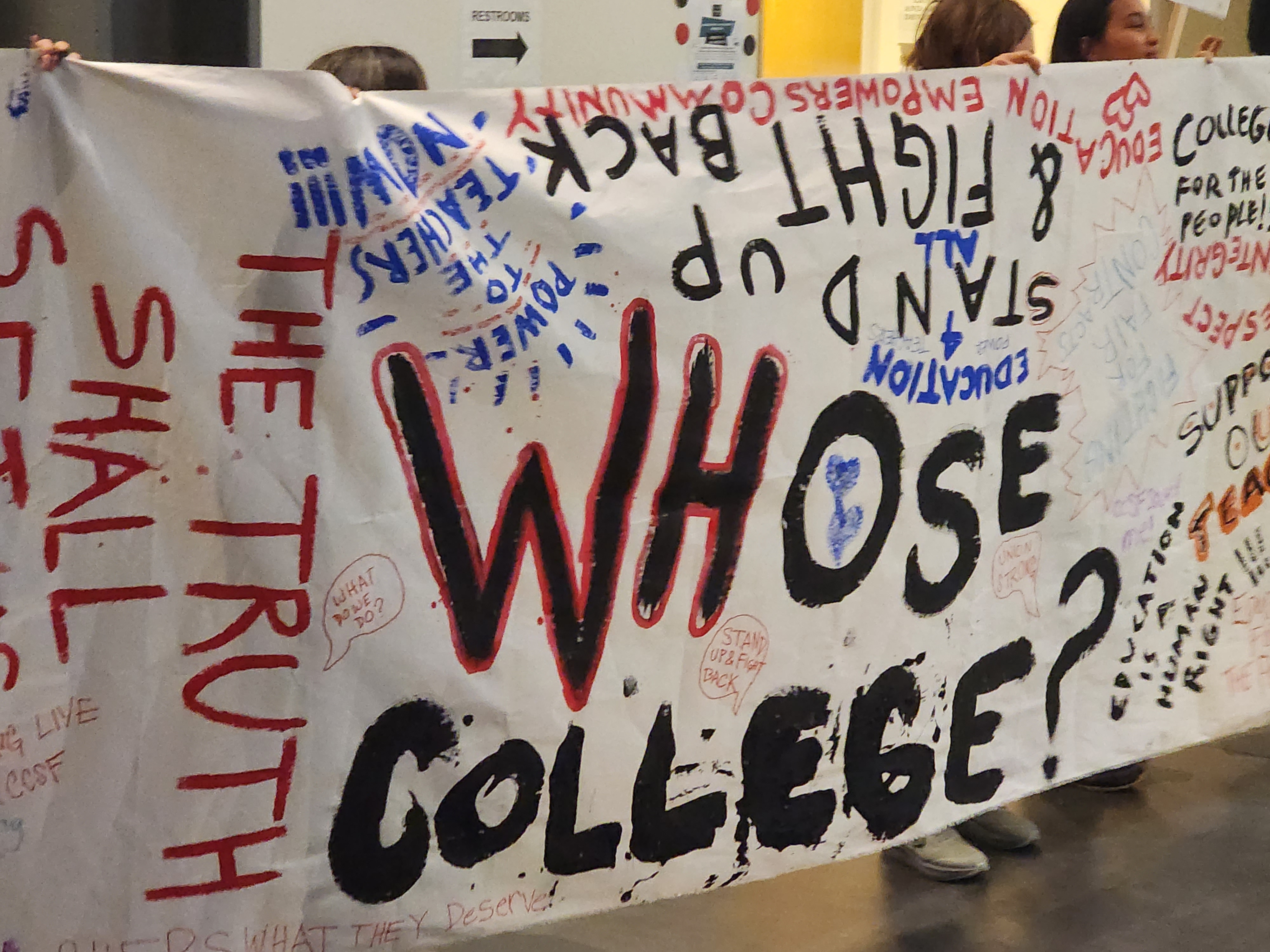
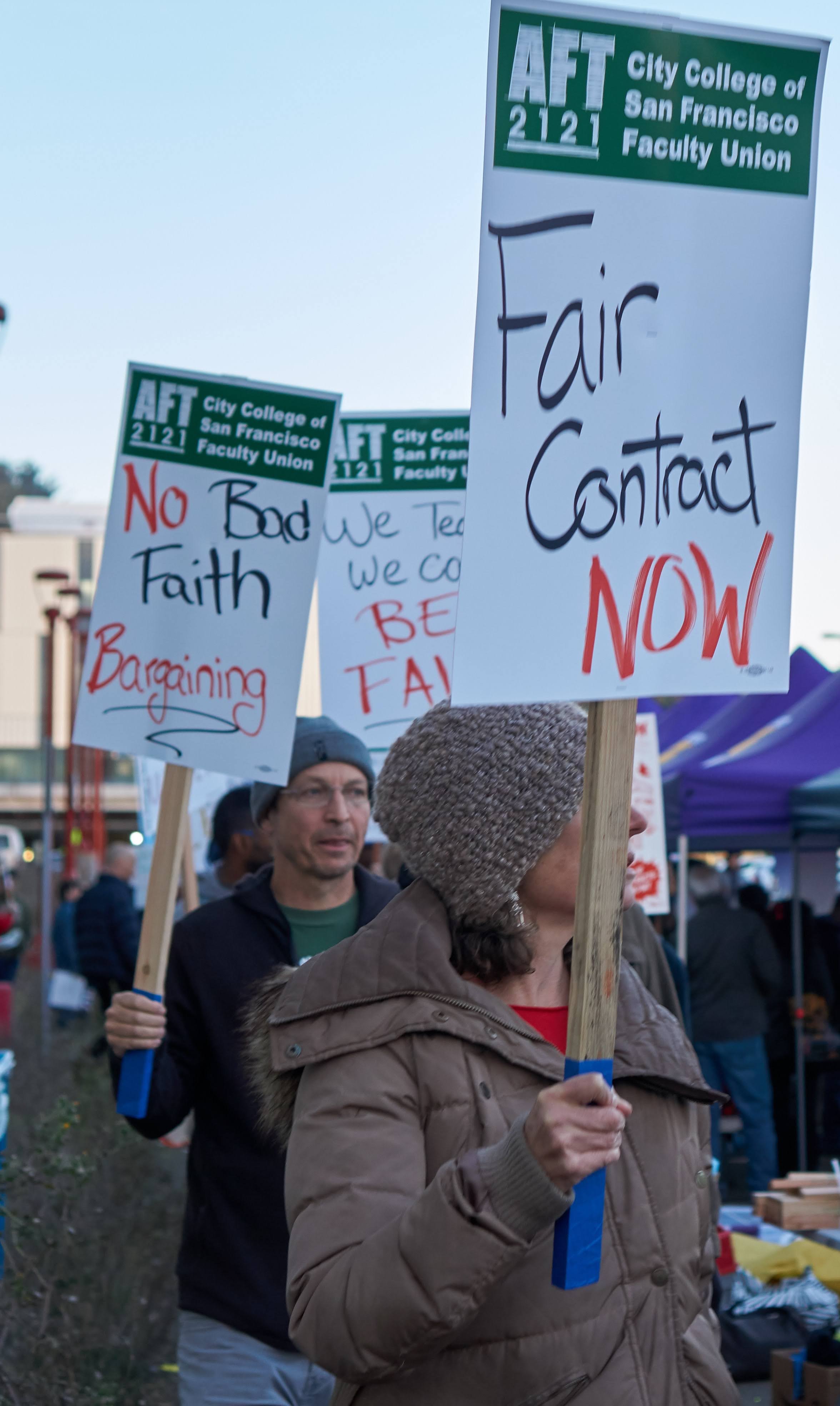
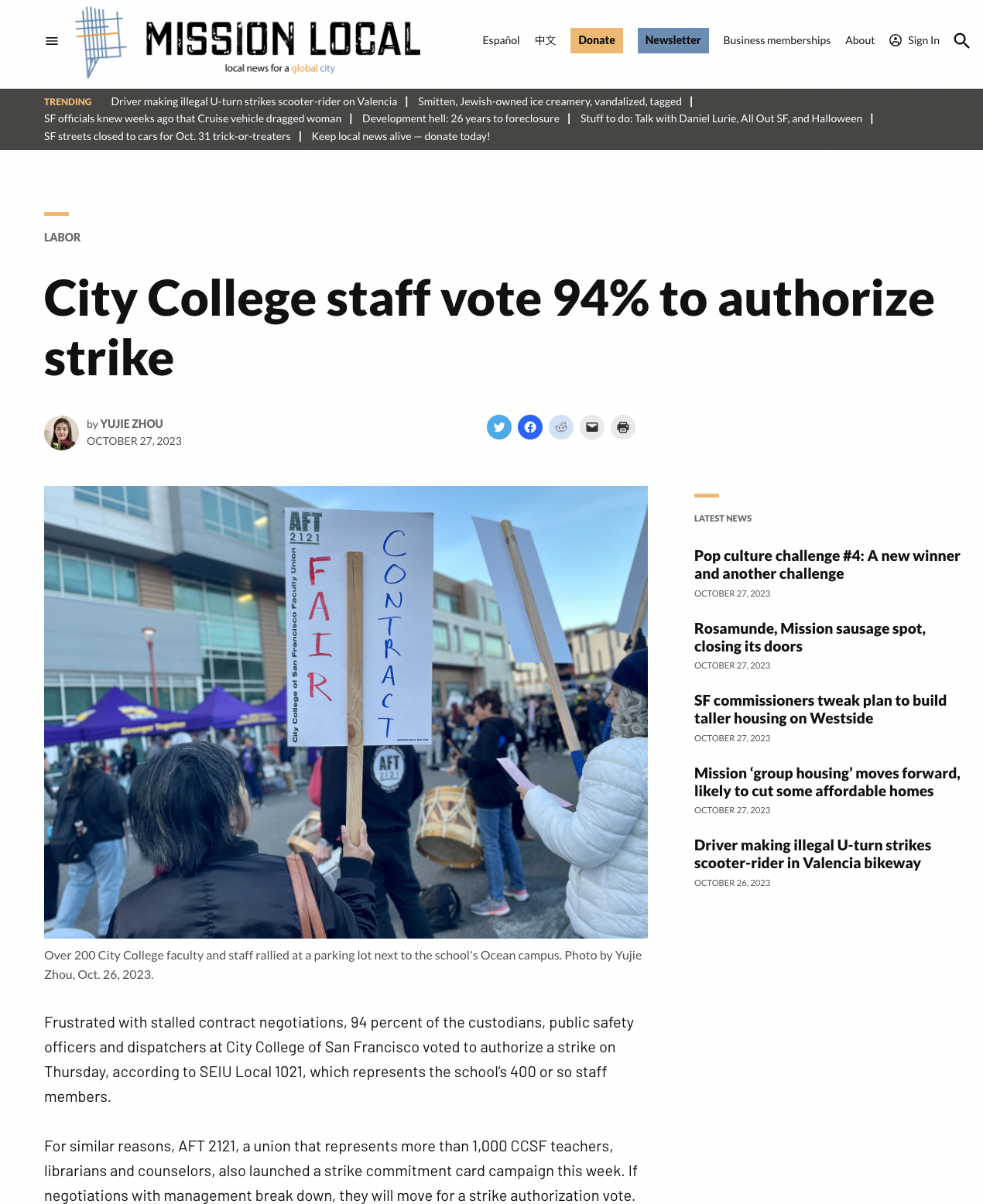
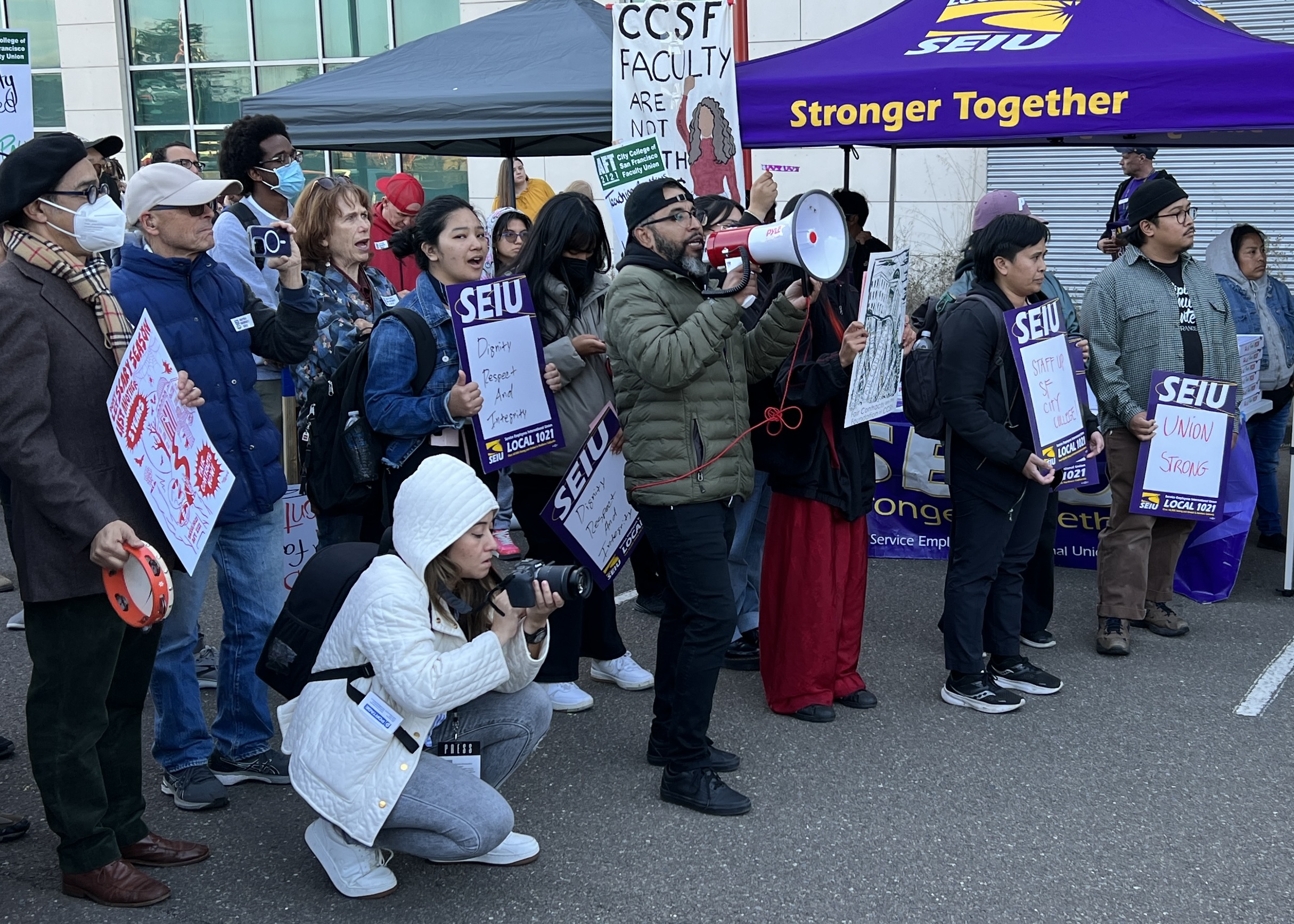
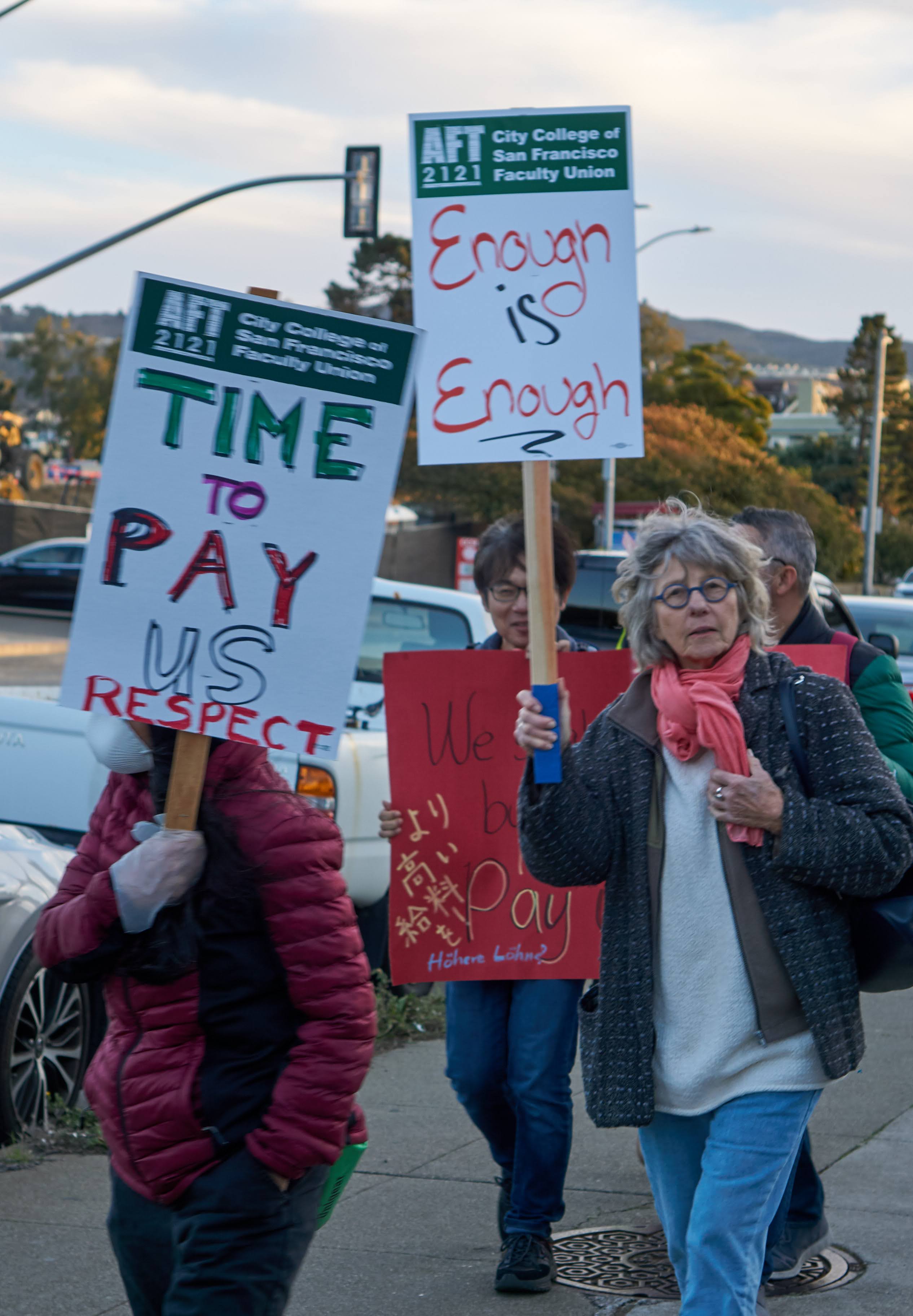
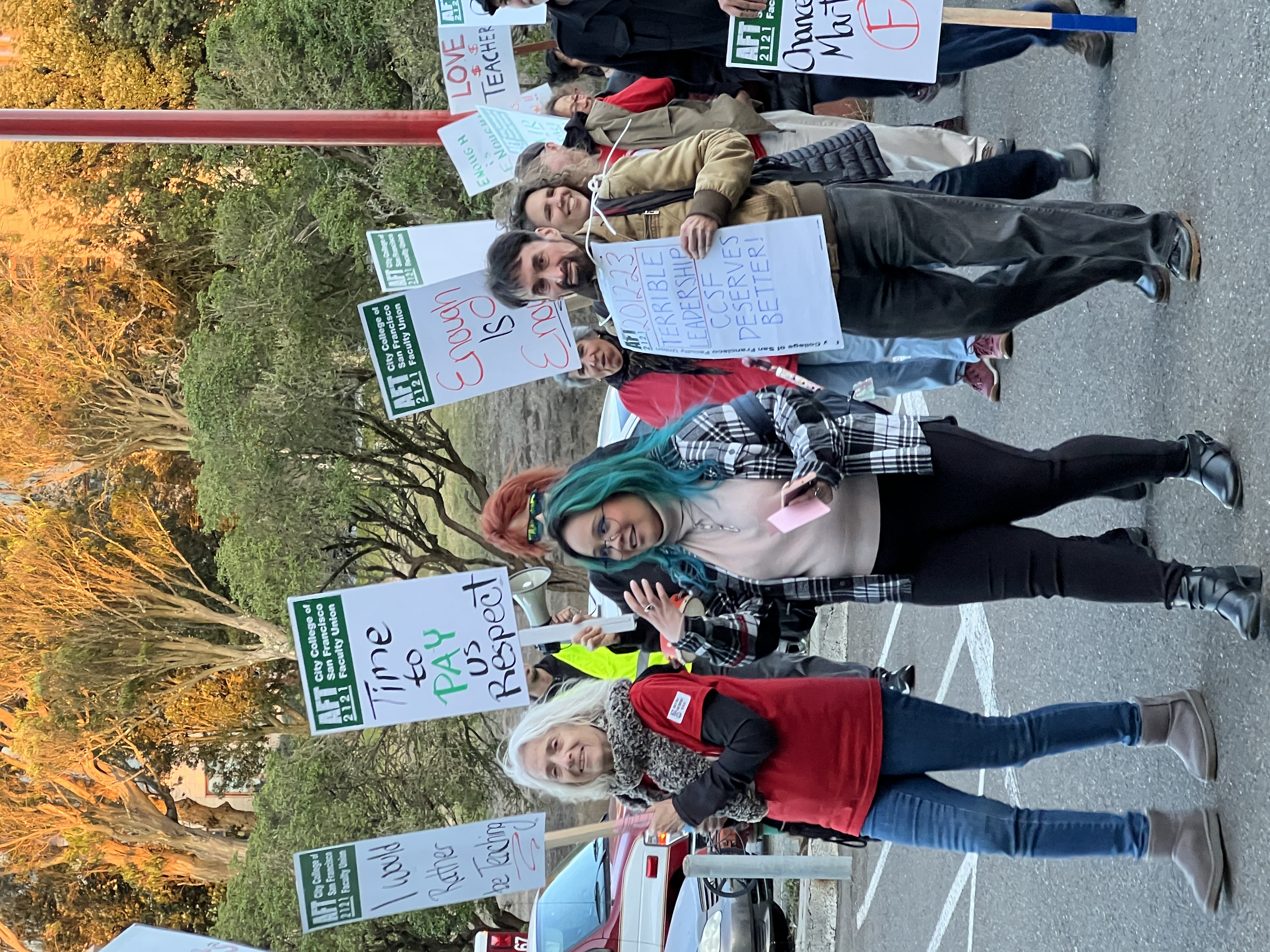
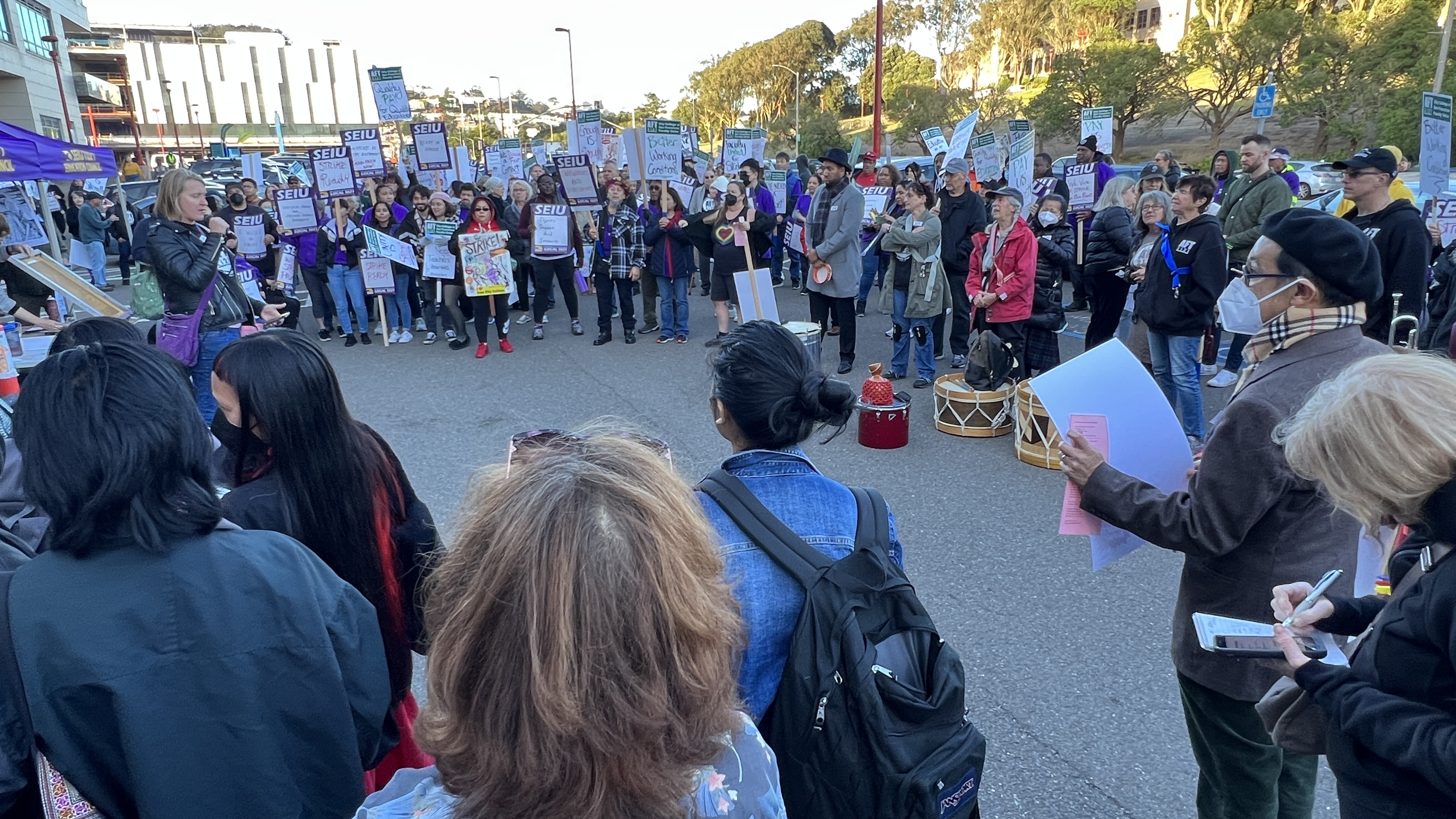
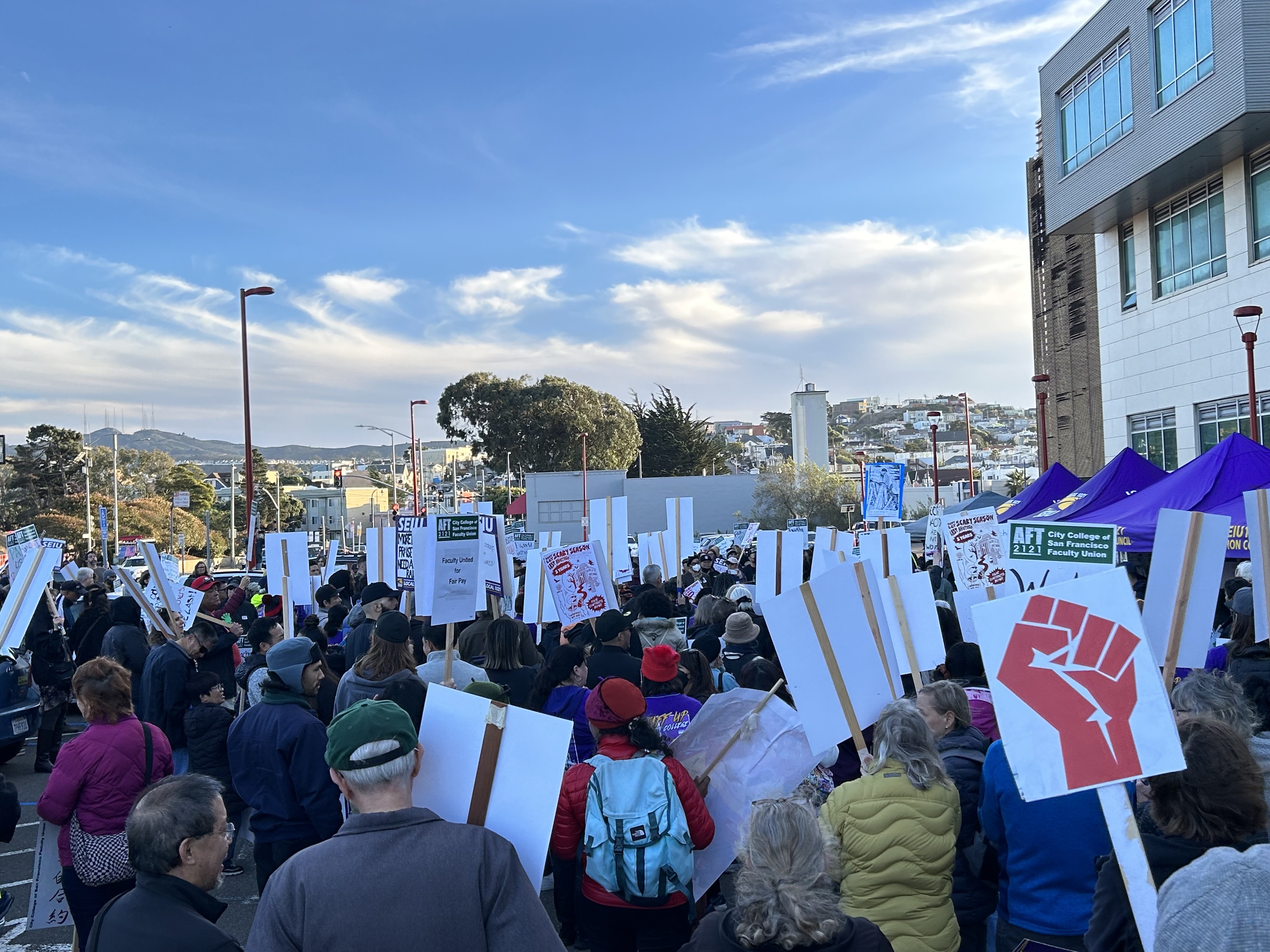
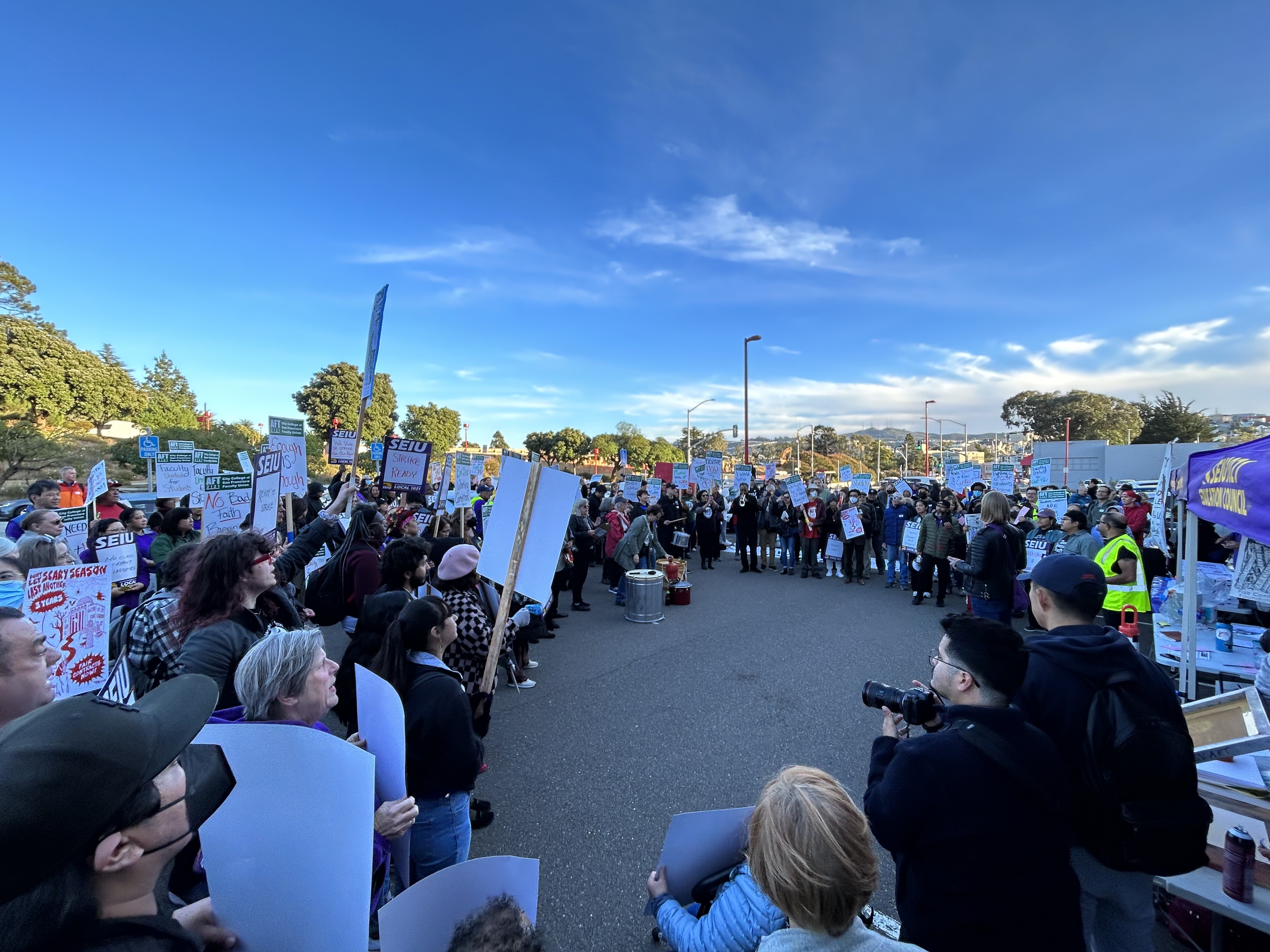
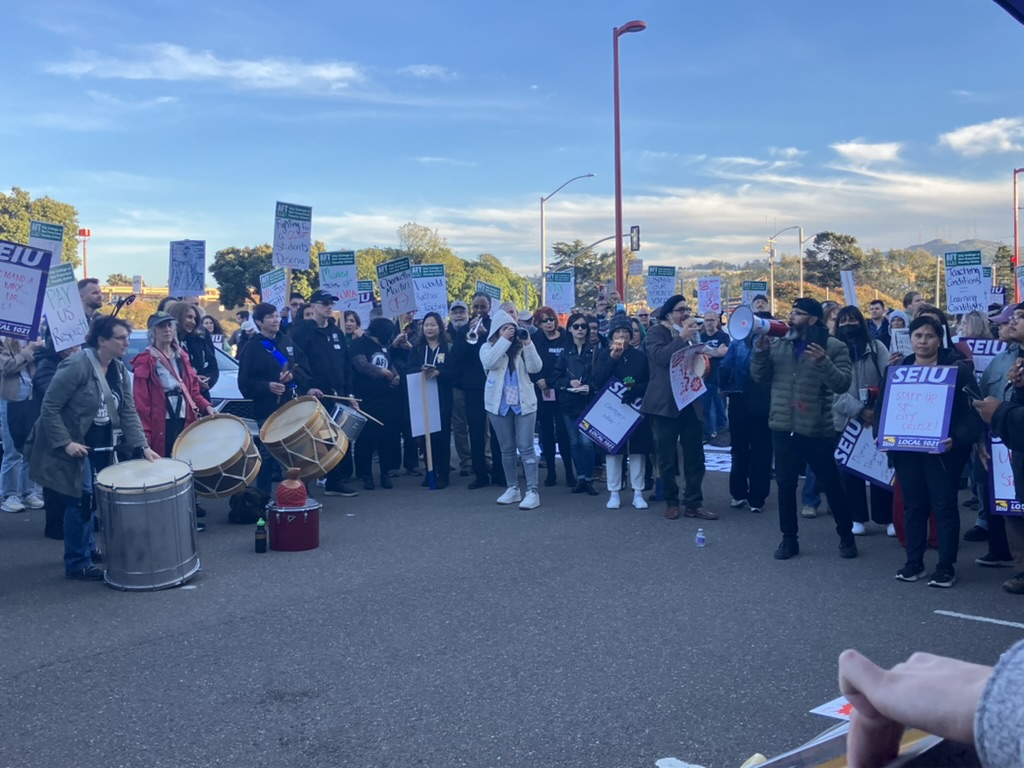
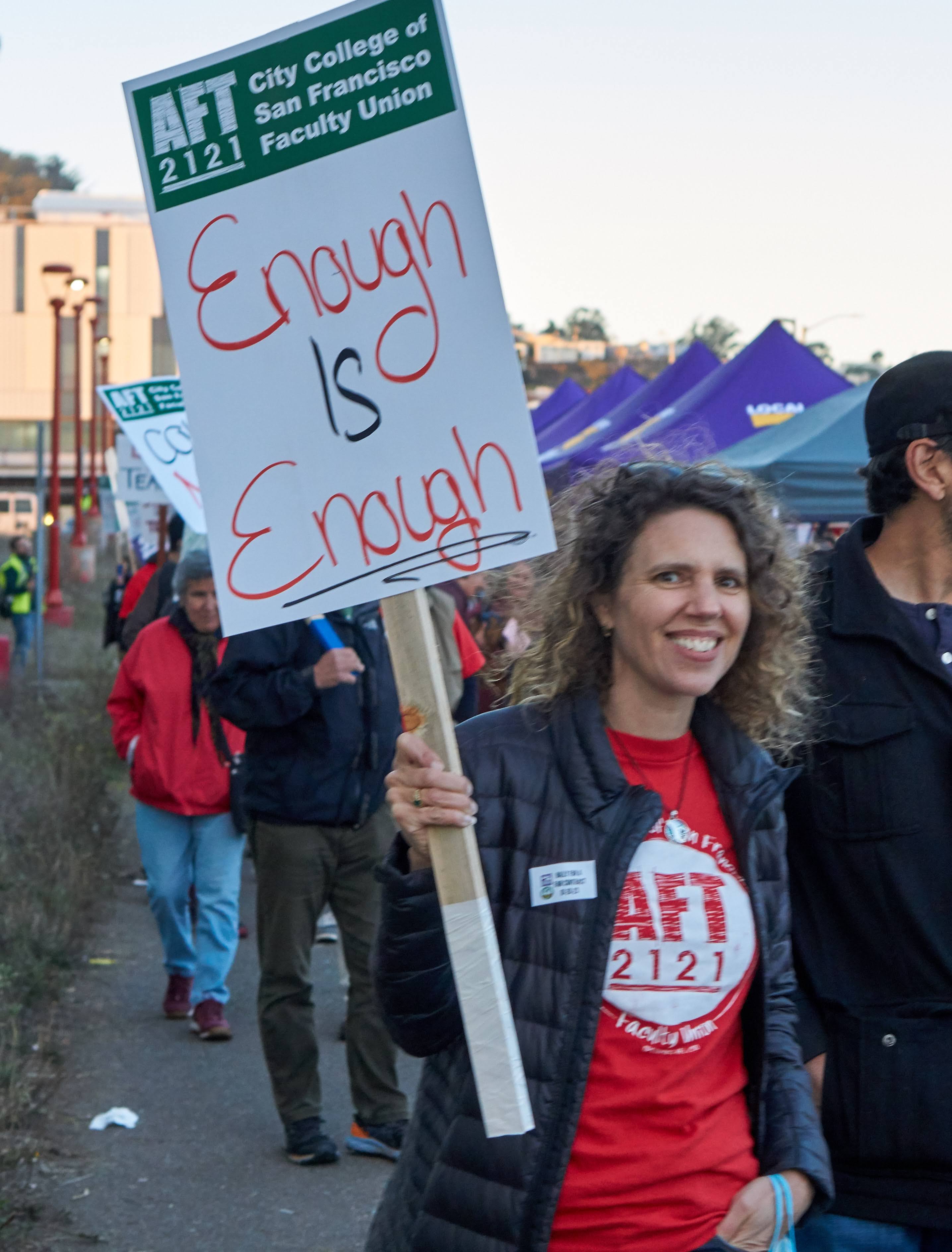

Follow Us!